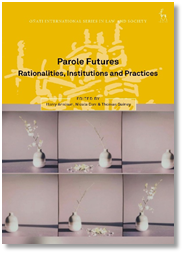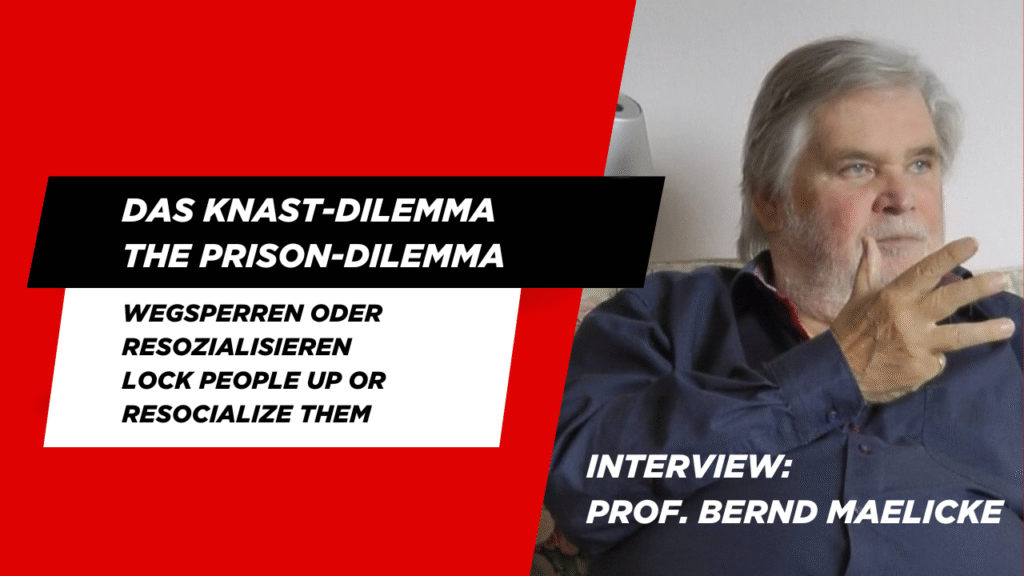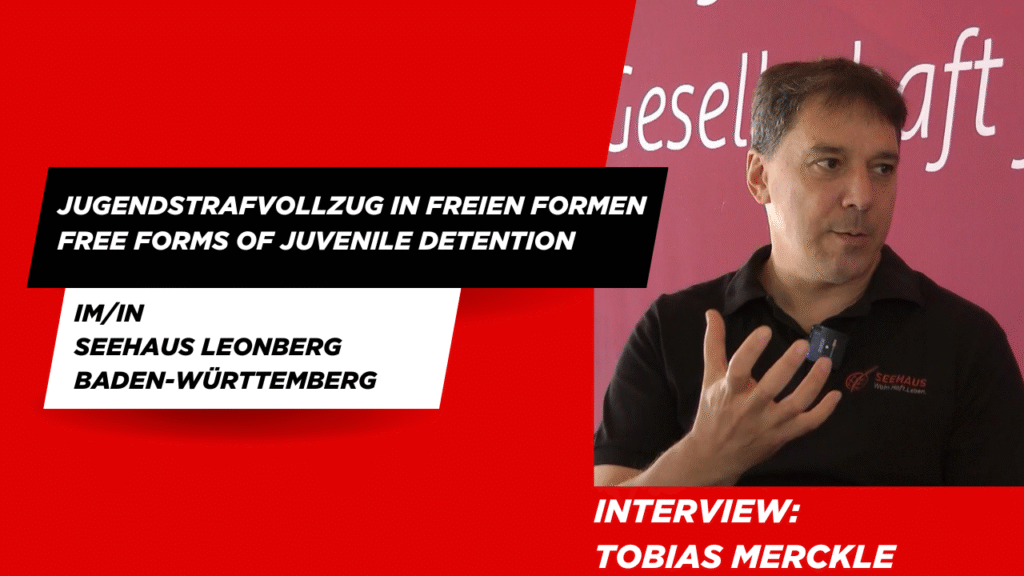Previous Article
News
Therapeutic programmes for drivers – the case of the Czech Republic
Therapeutic programmes for drivers were introduced into the Czech legal system as part of the amendment to Act No 361/2000 on road traffic with effect from 1 April 2024. From this date, they will become a new obligation for at-risk drivers, who will have to provide proof of completion of a therapeutic programme in addition to the existing prerequisites for the return of a revoked driving licence.
Specifically, these programmes target three groups of problem drivers – a) those who have been banned from driving for 18 months or more in administrative or criminal proceedings; b) those who refuse to submit to a roadside test for alcohol or other narcotic and psychotropic substances; and c) those who are ordered to do so by a judge or prosecutor as part of their sentence. There may be some overlap between these three groups, but preliminary calculations suggest that this new blanket obligation will affect 10-20 thousand persons per year.
The therapeutic programmes themselves are already a well-proven tool thanks to a number of international evaluations, and have been shown to have the potential to reduce recidivism of undesirable driving behaviour by 50-90%. The Czech concept, which has also been subjected to a number of research studies, draws inspiration from best international practice and thanks to extensive piloting we can expect similarly good results.
The therapeutic programmes are conducted in group form, with a total of 20 hours of direct work with participants divided into five sessions. Individual runs of the programmes will be delivered by accredited trainers for 3-12 participants. The content of the sessions focuses on, for example, offence analysis, the topic of alcohol or drugs behind the wheel, the risks of breaking traffic rules (for example, speeding or talking on the phone while driving) or the consequences of aggressive driving behaviour. At the end of the programme, each participant develops a personal change strategy to avoid getting into a similar situation that brought them to the programme again.
As far as the lecturers are concerned, they are most often experts who are professionally involved in therapy, traffic psychology and so on. In order to be licensed as a trainer, they must have completed accredited psychotherapy training or at least 3 years of therapeutic experience, as well as a professional course for trainers of therapeutic programmes, culminating in an examination.
The entire system of the therapeutic programmes will be supervised by the Transport Research Centre, which, in its role as a Methodological Centre, grants or withdraws accreditation from individual lecturers, monitors their activities and provides methodological guidance. The Methodology Centre will also coordinate the financing of the system and guarantee the availability of the programmes for users throughout the country.
The key processes will be provided through an information web portal, which is a public administration information system. Here, trainers will apply for accreditation, list individual courses of therapeutic programmes or apply for regular courses of so-called continuing education, which they will have to complete annually. Those interested in participating in a therapeutic programme will be able to find a database of courses, register for one of them and make the obligatory payment in the system.
With the introduction of therapeutic programmes in the Czech Republic, we will compensate for a long-standing deficit. Our country is the last country in the European Union in which such a measure has not yet been introduced across the board. The result, on which traffic experts already agree, should be a substantial reduction in dangerous behaviour by drivers on the road and, ultimately, increased health protection and life of road users.
Contacts and links:
Veronika Kurečková, expert guarantor of the Methodology Centre: veronika.kureckova@cdv.cz
Tomáš Rosenberg, Coordinator for the Methodology Centre: tomas.rosenberg@cdv.cz
Website: https://www.metodickecentrum.cz/

Related News
Keep up to date with the latest developments, stories, and updates on probation from across Europe and beyond. Find relevant news and insights shaping the field today.

Probation in Europe, Technology
Have Your Say: EU Call for Evidence on the Digitalisation of Justice (2025–2030)
18/08/2025
The European Commission has opened a Call for Evidence on the Digitalisation of Justice: 2025–2030 European Judicial Training Strategy.
Reading corner

Criminal Justice
Parole Futures
18/08/2025
At a time when many parole systems are experiencing considerable strain, the aims of this collection are twofold: first, to encourage systematic and critical reflection on the rationalities, institutions and practices of parole. Second, to think big, and pose ambitious ‘what if’ questions about the possible futures of parole and prison release. Offering novel insights from Asia, Australia, Europe, North America and South America, this collection builds the case for, and then showcases, a ‘way of doing’ parole research that is global in outlook, interdisciplinary in approach and unapologetically normative in character.
New

Probation in Europe
New Vodcast Episode: Prof. Bernd Maelicke on The Prison-Dilemma
12/08/2025
The 13th episode of Division_Y features an in-depth conversation with Prof. Bernd Maelicke, one of Germany’s most respected voices in prison and probation reform.
New

Probation outside Europe
CEP Ambassador Steve Pitts Receives Prestigious Japanese Honour
05/08/2025
We are pleased to share that CEP Ambassador Steve Pitts has been awarded the prestigious Order of the Rising Sun, Gold Rays with Rosette by the Government of Japan. The honour was officially presented on 25th July 2025 at a formal ceremony held at the Japanese Ambassador‘s residence in London, hosted by the Japanese Ambassador.
New

CEP Events
Mark Your Calendars: Exciting Probation Events Ahead
30/07/2025
As the season continues, we’re looking ahead to a dynamic line-up of events across Europe. From specialised workshops to international training and conferences, there’s something valuable for everyone working in probation and beyond.
New

Probation in Europe
New Vodcast Episode: Tobias Merckle on Free Forms of Juvenile Detention
12/07/2025
The 12th episode of Division_Y features an engaging discussion with Tobias Merckle, a social worker and social entrepreneur from Baden-Württemberg, Germany.
Subscribe to our bi-monthly email newsletter!
"*" indicates required fields
- Keep up to date with important probation developments and insights.

